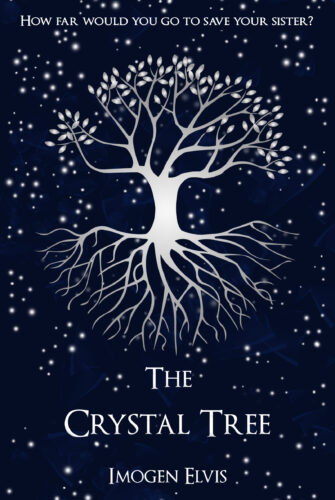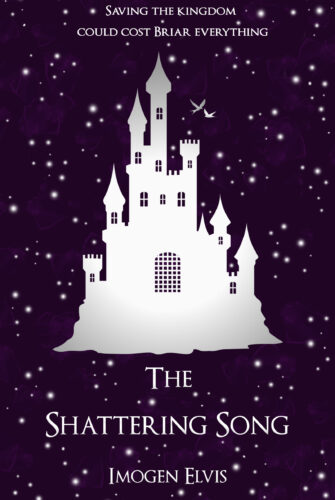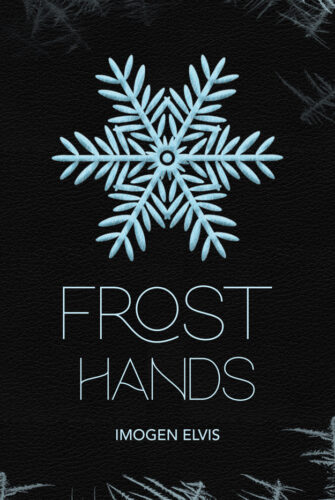If you’re participating in NaNoWriMo, like I am, then right now, you’re probably scraping together all the spare minutes you have to make some time for writing. NaNoWriMo is a month long marathon of a writing event, and as such, there are plenty of strategies and tips for how to have the best, or most productive month. I have a few of my own to share, things that I’ve learned over the last eight years of NaNoing. These are tips that I myself follow, and find to be incredibly useful tools. Hopefully you will find some of the helpful too.
Don’t Edit Your Book
This is one of the most popular pieces of advice, and for good reason. Going back and editing your writing is the quickest way to lose momentum. And when you’re trying to write 50k words in a month, momentum is your friend. You need forward motion, not to be going back and going over your words again and again to make them perfect. To do this is to lose valuable time you could be using to write new words. NaNoWriMo isn’t about getting your book right. It’s about getting it written. and it’s about not getting stuck in a loop of editing the same opening chapter over and over and never writing anything new. There will be a time to go back and edit, trust me. But during NaNoWriMo is not that time. Hold off on the editing for now. It’ll be easier to fix plot structure and such when you can see the entire scope of the book anyhow.
It’s Ok To Fix Typos
Hand in hand with the advice about not editing usually comes the recommendation to not go back and fix anything. Not even typos. Now, while I obviously advocate for not editing during November, I do believe that you should go back and fix your typos. If you’re anything like me, that red line is distracting and puts me off my rhythm. And, even more than that, fixing typos is a quick way to give yourself a present at the end of the month. Your first draft is going to have enough problems without you also being required to wade through 50k words of misspellings. Only once did I write a book and not fix typos, and the horrendous quality of the typing, and the sheer number of typos, has put me off ever trying to fix it. It’s not a great idea to edit, but fixing typos is quick, gets rid of the red line of distraction, and is a little present to yourself when you come back to edit your book later on.

Find People To Write With
There is nothing more motivating, in my experience, than writing with a group of friends, whether that’s meeting up with some other Wrimos in person, or whether that’s writing alongside some friends online. I’m in a chat server with some other Australian Wrimos in my home region, and the amount of words I have written simply because someone else happened to be writing at the same time I was, is enormous. I wrote 10k on a day I felt demotivated on and thought I would struggle to hit 2k, simply because I was having fun writing alongside my NaNo Sydney people, cheering each other on. Find yourself some friends and write alongside them. It’s fun, and motivating, and you may find yourself writing way more than you thought you would.
Write A Little Extra When You Can
If you get the opportunity to write a little extra over the required 1,667 words, take the opportunity to get ahead a little. Even writing 50 extra words here and there can make a huge difference when you come to a day when you’re busy, or the ideas aren’t flowing, and hitting your daily word count becomes impossible. Having a little word buffer is a great way to take some of the pressure off yourself when things are a little more difficult.
These are some of my personal favourite tips for making NaNoWriMo just that little bit easier for yourself. Because, after all, NaNo is already a huge undertaking. I hope you find some of these tips helpful. What strategies are working for you at the moment? If you’re a NaNo veteran, what would be your top tip for anyone new to this?












Your tips are really good. Though I don’t fix enough of my typos unfortunately.
Here is my best tip for NaNo: I never write their goal of 1667 words. My goal is 2000 words a day. That gives me Sundays and Thanksgiving to be catch-up or get ahead days. Though it is usually catch-up.